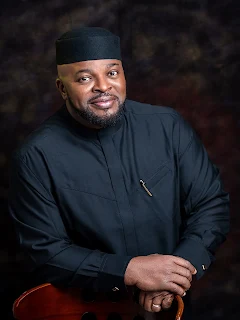US President Donald Trump on Sunday renewed his threat of potential military action in Nigeria over what he described as the “mass killing of Christians”, shortly after the Nigerian presidency proposed diplomatic talks to ease tensions.
Speaking aboard Air Force One, Trump was asked by an AFP correspondent whether his administration was considering deploying troops or conducting air strikes in Nigeria. He replied:
“Could be; I envisage a lot of things. They’re killing Christians in very large numbers. We’re not going to allow that to continue.”
The remarks followed an earlier post on Trump’s Truth Social account on Saturday, in which he claimed to have directed the Pentagon to draw up a possible plan of attack against Nigeria. He argued that Christianity was facing an “existential threat” in Africa’s most populous nation and warned that if Nigeria failed to end the violence, a U.S. response would be “fast, vicious, and sweet.”
Reacting, Presidential Spokesman Daniel Bwala told AFP that Nigeria remained a key ally of the United States in the global war on terror, but any form of support must respect Nigeria’s sovereignty.
“Nigeria welcomes U.S. assistance in combating terrorism, provided it aligns with our national integrity,” Bwala said, adding that Trump’s remarks were likely “a push for dialogue” rather than a literal threat.
He suggested that the former U.S. president’s comments might be intended to “force a sit-down between the two leaders so they can agree on a joint strategy to tackle insecurity.”
Bwala hinted that President Bola Tinubu and Trump could meet soon to discuss mutual security concerns, though he declined to provide specific details.
In earlier posts on X (formerly Twitter), Bwala noted that any differences regarding whether Nigeria’s terrorists target only Christians or people of all faiths “will be addressed when both leaders meet, whether in the State House or the White House.”
Trump had earlier claimed on Friday that “thousands of Christians are being killed” by “radical Islamists”, a claim Nigerian officials have consistently rejected.
President Tinubu reiterated that Nigeria’s conflicts are not religiously driven, stating:
“The portrayal of Nigeria as a religiously intolerant country does not reflect our national reality.”








